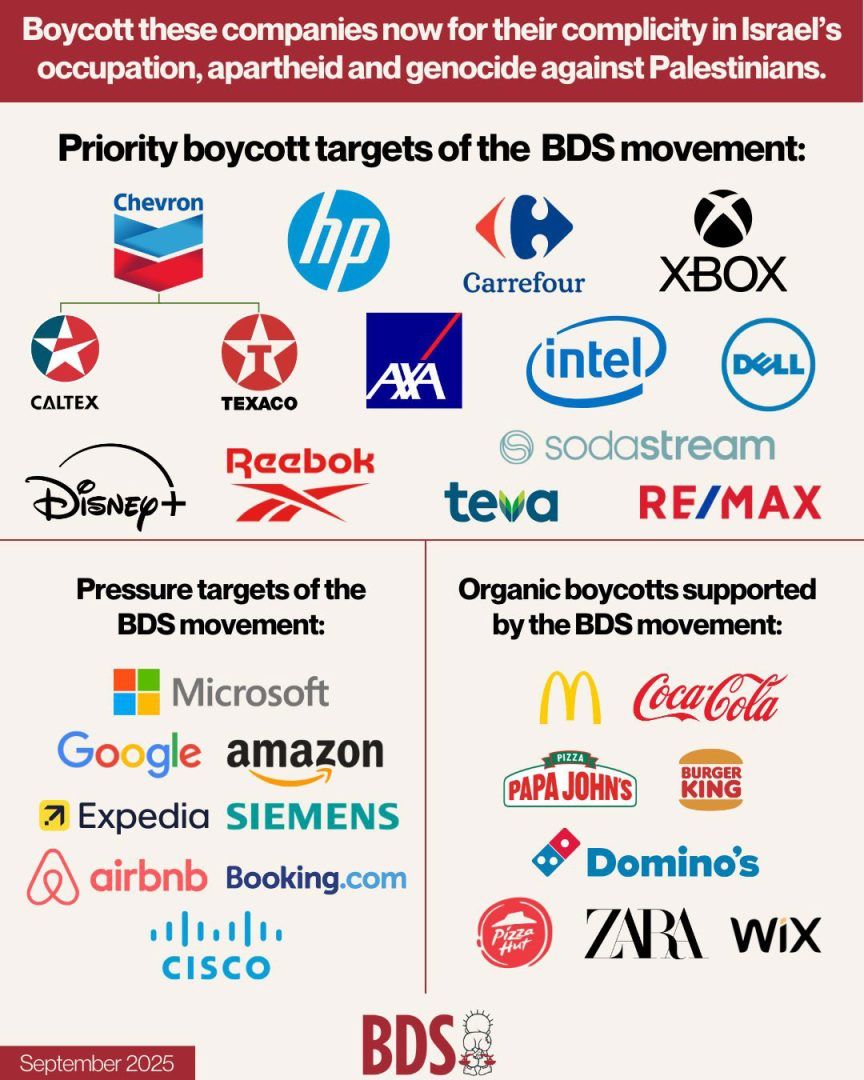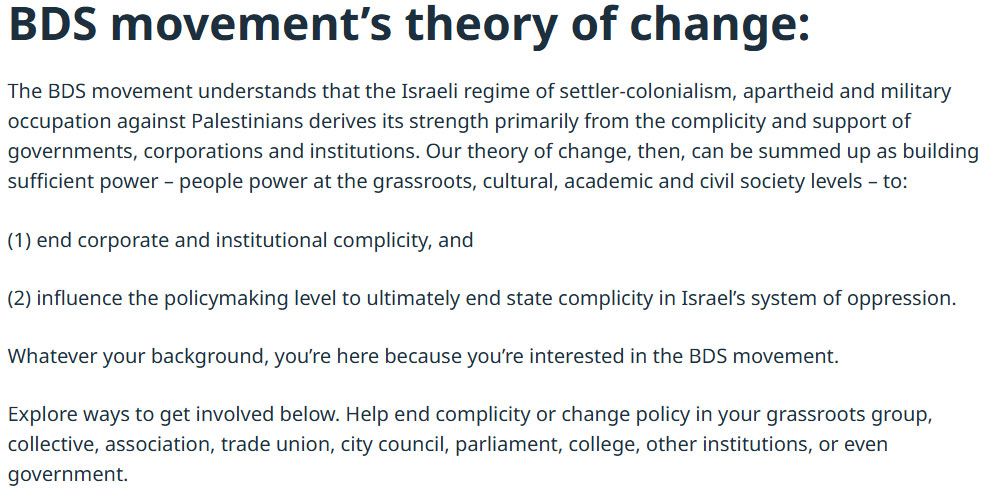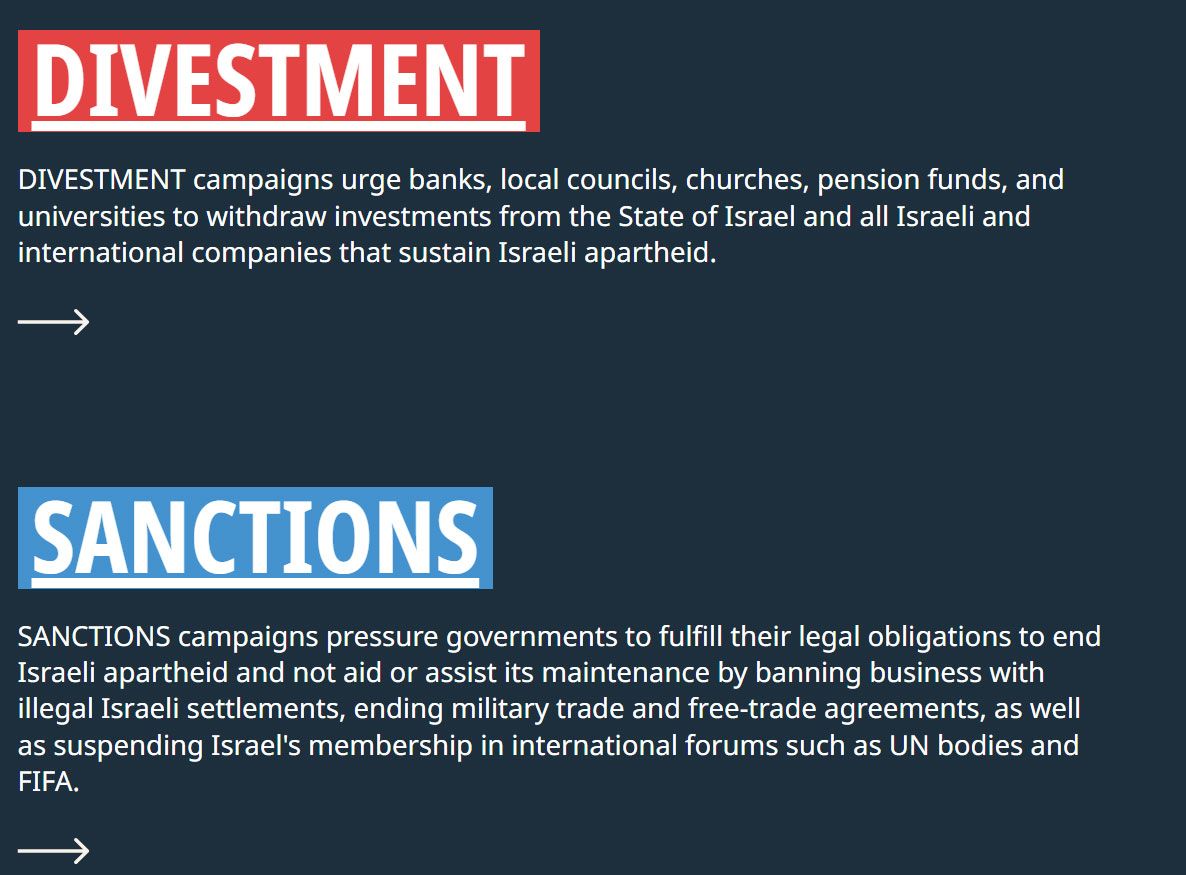CRAIG MOKHIBER
The ICJ finds that BDS is not merely a right, but an obligation
Israel and its lobby have, for years now, been engaged in a frenzy of activity to further insulate Israel from accountability by using their influence in the West to effectively outlaw organized opposition to Israel. Foremost among these efforts has been the Israeli campaign to penalize calls to Boycott, Divest from, and Sanction Israel for its gross violations of human rights. As a result, countless laws and policies are now on the books across the U.S. and the broader West, trampling on core constitutional principles and internationally guaranteed human rights in defense of Israeli impunity. But an advisory opinion issued last month by the International Court of Justice (ICJ) should help to turn that around.
In its historic ruling, the ICJ found that Israel’s occupation of the West Bank, East Jerusalem, and Gaza is entirely unlawful, that Israel practices apartheid and racial segregation, and that all states are under a duty to help bring this to an end, including by cutting off all economic, trade and investment relations with Israel in the Occupied Palestinian Territory. In other words, as a matter of international law, all countries are obliged to participate in an economic boycott of Israel’s activities in the occupied Palestinian territory and to divest from any existing economic relations there.

Because the court was bound by the parameters of the request from the UN General Assembly that triggered its findings, it did not address duties and obligations relating to activities inside the 1948 Green Line. However, the court’s authoritative statement of the requirements of international law makes clear that proponents of BDS have not only the moral high ground but also a firm grounding in international law.
The court’s advisory opinion in July comes on the heels of the commencement of genocide proceedings against Israel in the ICJ last December, and a request in May by the Prosecutor of the International Criminal Court for arrest warrants for the Israeli Prime Minister and the Defense Minister for crimes against humanity, including extermination. Together, they represent a historic shift away from 76 years of Western-sponsored Israeli exceptionalism and impunity, feeding hope of a new era of accountability.
Recognizing this, Israel, as well as its Western allies accused of complicity in Israel’s international crimes (chief among them, the U.S., UK, and Germany) have been scrambling to oppose, delay, and obstruct action by these courts, both by intervening in court proceedings and, in some cases, by threatening court officials. And indeed, the ICC warrant process has already been inordinately delayed when compared to previous cases. Nevertheless, for its part, the ICJ advisory opinion was both timely and uncompromising in its application of international law to Israel.
Israel and its allies also defensively claim that advisory opinions of the ICJ are “non-binding” and, indeed, the court cannot compel a state to comply with its findings. But what this tactic ignores is that the laws to which the court refers in its authoritative opinion are, in fact, binding on all states. For example, the court observed that the right of the Palestinians to self-determination, their rights under international human rights and humanitarian law, and the prohibition of Israel’s acquisition of territory by force impose so-called “erga omnes” obligations, that is, binding obligations that apply to all countries.
Among these obligations are the duty not to recognize or assist the occupation in any way, and the duty to take action to realize the equal rights and self-determination of the Palestinian people. It follows that any policies or acts by a Western country that in any way recognize Israel’s occupation, assist Israel in that occupation (economically, militarily, diplomatically, etc.), or prohibit persons under its jurisdiction from respecting international law by boycotting or divesting from Israel’s illegal occupation, would be unlawful.
Of course, the U.S., which has long ignored the constraints of international law and invested decades of effort in carving out an exception for Israeli impunity, is likely to reject the court’s findings and oppose the implementing resolution of the UN General Assembly, which is expected to follow. Some other Western states invested in the Israeli axis, like the UK and Germany, may follow suit. But it is likely that most countries, including other Western states, will adjust their policies to ensure legal compliance.
Groups and individuals targeted by efforts to penalize BDS or to compel people to reject it will now have an important new tool in their legal arsenal as they assert their rights either administratively or judicially. They can now invoke the authoritative ruling of the World Court to credibly assert that participating in boycotts, divestment, and sanctions against Israeli occupation, colonization, and apartheid is not only a moral imperative and constitutional and human right, but also an international legal obligation.


